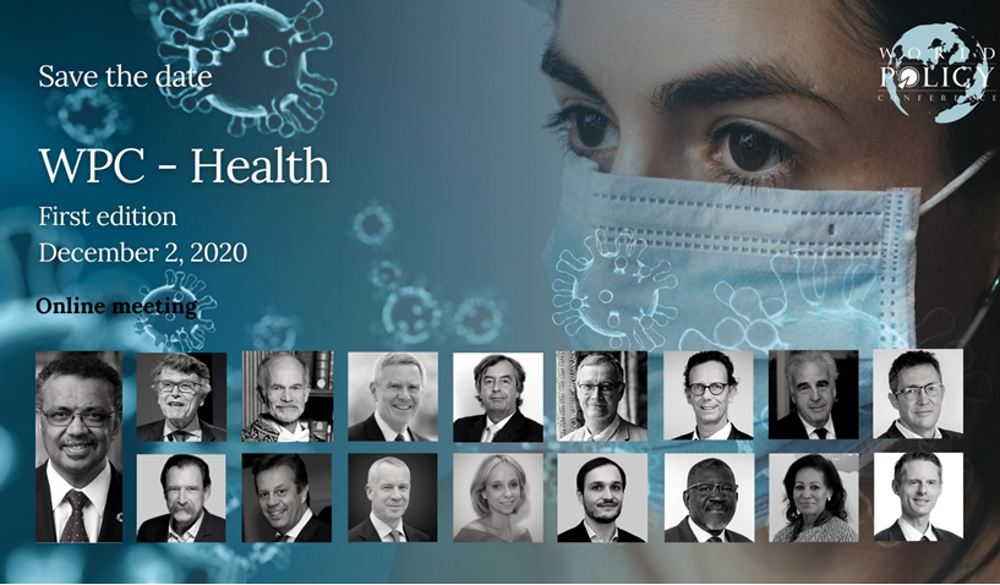In The transHuman Code, authors Carlos Moreira and David Fergusson ask, “Are we building a better future for humanity with the help of magnificent technology or are we instead building a better future of better technology at the expense of humanity?” We must learn to put humanity first instead of getting caught up in the promise of technological advancement. Humans have been able to adapt, morph, and compromise in every situation we have faced over the centuries and have been able to maintain dominance. We must approach the promises of technology with the same adaptability.
What the authors propose is that if we start the design of the transHuman future from a human perspective, making sure that technology will inspire revolution or evolution, then we can ensure humanity continues to thrive. The transHuman Code tries to center humanity in the emerging tension between a human-controlled or a machine-controlled world. Moreira and Fergusson examine how humans can maintain the uniqueness and the humanity in this brave new world.
Session 2: Technology, Economics, Health Ethics
Presenters:
- Patrick Nicolet, Chief Technology Officer and Group Executive Board Member of Capgemini (Chair)
- Daniel Andler, Emeritus Professor at Sorbonne University, Member of the French Academy of Moral and Political Sciences
- Jacques Biot, Board Member and Advisor to companies in the field of digital transformation and artificial intelligence, former President of the Ecole Polytechnique in Paris
- Carlos Moreira, Chairman, Chief Executive Officer and Founder of WISeKey
- Alexandra Prieux, President of Alcediag, Founder of SkillCell
- Arthur Stril, Vice President of Corporate Development at Cellectis
While technological advancement has been a driving force of progress across all sectors since the first industrial revolution, including healthcare, legitimate questions arise given our continued inability to cure some well-know diseases and limit the spread of new ones. Economics and ethics bring interesting perspectives on the matter which we introduce in this session for policymakers to fully grasp the interdependence of our countries when it comes to curing one’s populations.
We have structured this session around three debates bringing together experts from different fields, generations and – when possible, gender:
- Technology in healthcare, who’s in the driver seat?
- When it comes to healthcare, does the end justify the means?
- Does technology care about our health?
